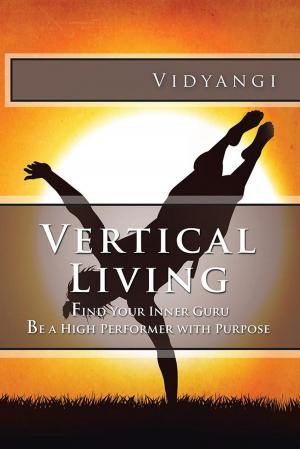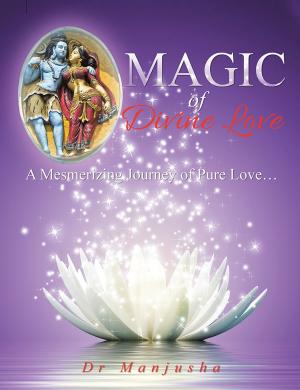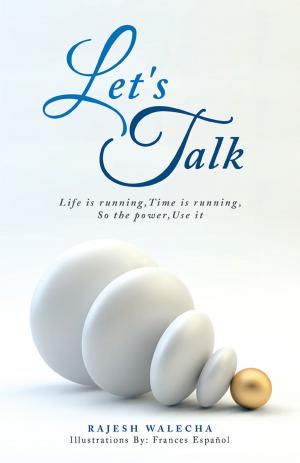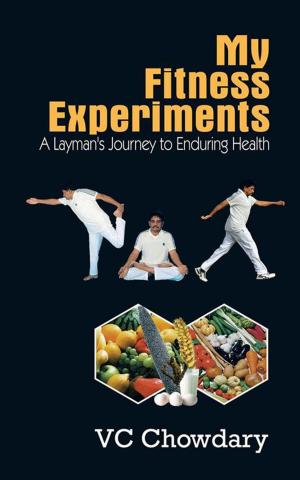| Author: | Sangeeta Gupta | ISBN: | 9781482810349 |
| Publisher: | Partridge Publishing India | Publication: | July 21, 2013 |
| Imprint: | Partridge Publishing India | Language: | English |
| Author: | Sangeeta Gupta |
| ISBN: | 9781482810349 |
| Publisher: | Partridge Publishing India |
| Publication: | July 21, 2013 |
| Imprint: | Partridge Publishing India |
| Language: | English |
Here the poets first person singular voice is treated almost with clinical detachment. But if it thus makes of itself an object, it is nevertheless raised to the level of a true, self scrutinizing subject, freed of its infirmities, the grosser attributes. Indeed only by doing so may a human draw a millimeter closer to whatever is termed as divinity. Now divinity is certainly instinct in all creatures, but its true emergence from the midst of the Kurukshetra of workaday life can only happen after untold inner dialogues, of self with soul. These - self and soul - last two words are tryingly vague, but any who tend the acres of their inner landscape, free it of its weeds; they thus know that whatever is termed soul comes about only by incessant labor, that of a life-long conversation between the I and the me, between I and the thou, and that it is only so that an awakened consciousness gives birth to conscience. It is in some such way that the human creature rises a few cubits. In sum, it is on such life action, emotion and vision that the poet fastidiously works to give form. The strategies or the choices that she employs in her quintessential lines are not mere rhetoric, they convince us that, for her, the making of verse is not an end in itself alone, but that it is as well a means of remaking of our being. This especial stance is of utmost value in our value bereft times. The poet, sufficiently aware of our present shortfalls, takes us on a meaningful journey via her diary. Health of spirit is the main goal to which her writing finger unerringly points out.
Here the poets first person singular voice is treated almost with clinical detachment. But if it thus makes of itself an object, it is nevertheless raised to the level of a true, self scrutinizing subject, freed of its infirmities, the grosser attributes. Indeed only by doing so may a human draw a millimeter closer to whatever is termed as divinity. Now divinity is certainly instinct in all creatures, but its true emergence from the midst of the Kurukshetra of workaday life can only happen after untold inner dialogues, of self with soul. These - self and soul - last two words are tryingly vague, but any who tend the acres of their inner landscape, free it of its weeds; they thus know that whatever is termed soul comes about only by incessant labor, that of a life-long conversation between the I and the me, between I and the thou, and that it is only so that an awakened consciousness gives birth to conscience. It is in some such way that the human creature rises a few cubits. In sum, it is on such life action, emotion and vision that the poet fastidiously works to give form. The strategies or the choices that she employs in her quintessential lines are not mere rhetoric, they convince us that, for her, the making of verse is not an end in itself alone, but that it is as well a means of remaking of our being. This especial stance is of utmost value in our value bereft times. The poet, sufficiently aware of our present shortfalls, takes us on a meaningful journey via her diary. Health of spirit is the main goal to which her writing finger unerringly points out.















